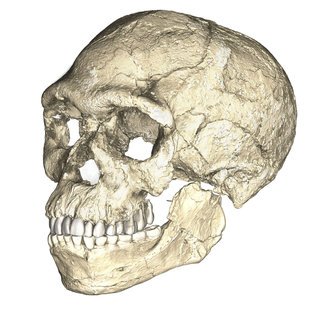Fossils discovered in Morocco are the oldest known remains of Homo sapiens, scientists reported on Wednesday, a finding that rewrites the story of mankind’s origins and suggests that our species evolved in multiple locations across the African continent.

“We did not evolve from a single ‘cradle of mankind’ somewhere in East Africa,” said Philipp Gunz, a paleoanthropologist at the Max Planck Institute for Evolutionary Anthropology in Leipzig, Germany, and a co-author of two new studies on the fossils, published in the journal Nature. “We evolved on the African continent.”
Until now, the oldest known fossils of our species dated back just 195,000 years. The Moroccan fossils, by contrast, are roughly 300,000 years old. Remarkably, they indicate that early Homo sapiens had faces much like our own, although their brains differed in fundamental ways.
Today, the closest living relatives to Homo sapiens are chimpanzees and bonobos, with whom we share a common ancestor that lived over six million years ago. After the split from this ancestor, our ancient forebears evolved into many different species, known as hominins.
Hi! I am a robot. I just upvoted you! I found similar content that readers might be interested in:
https://www.nytimes.com/2017/06/07/science/human-fossils-morocco.html